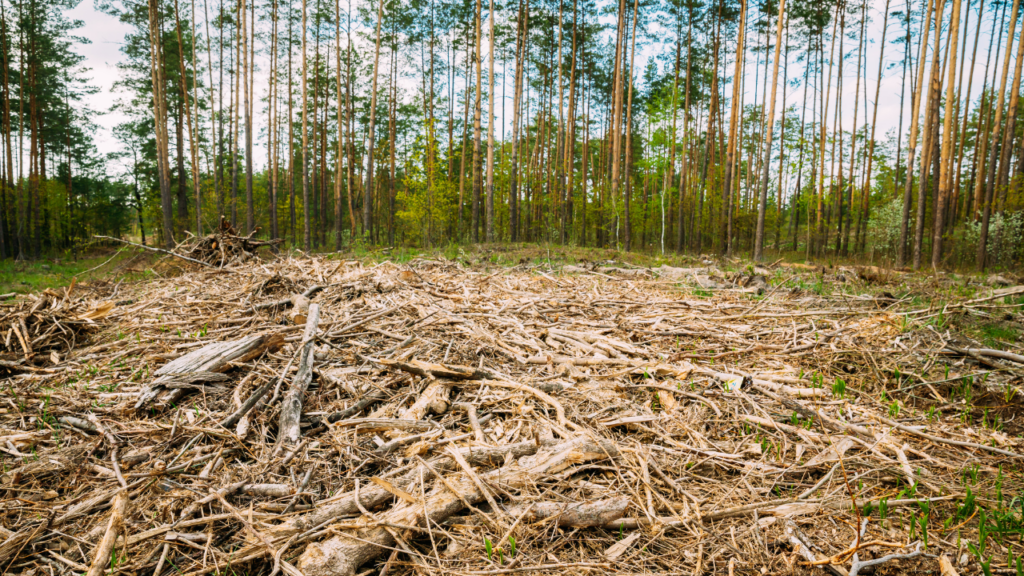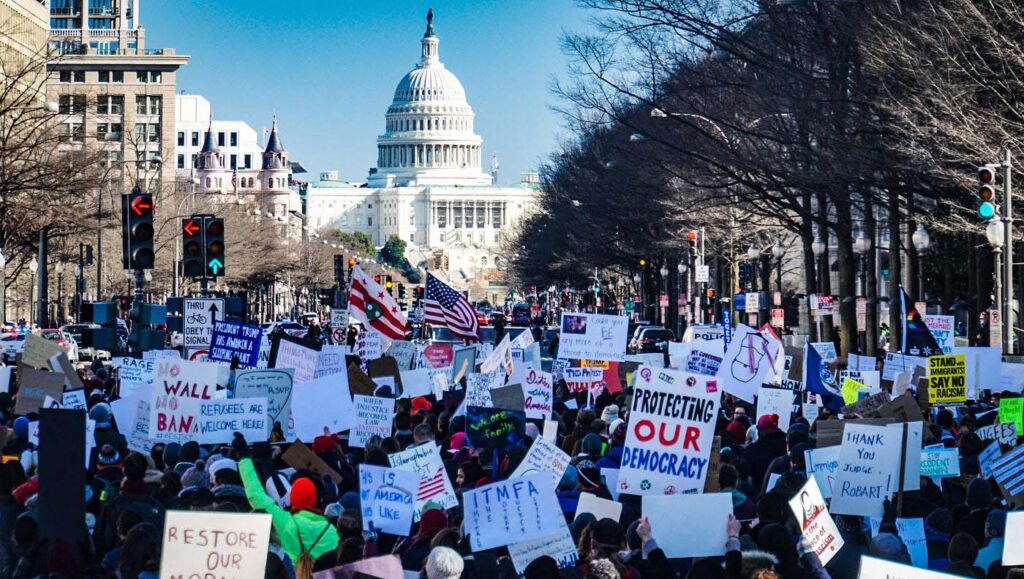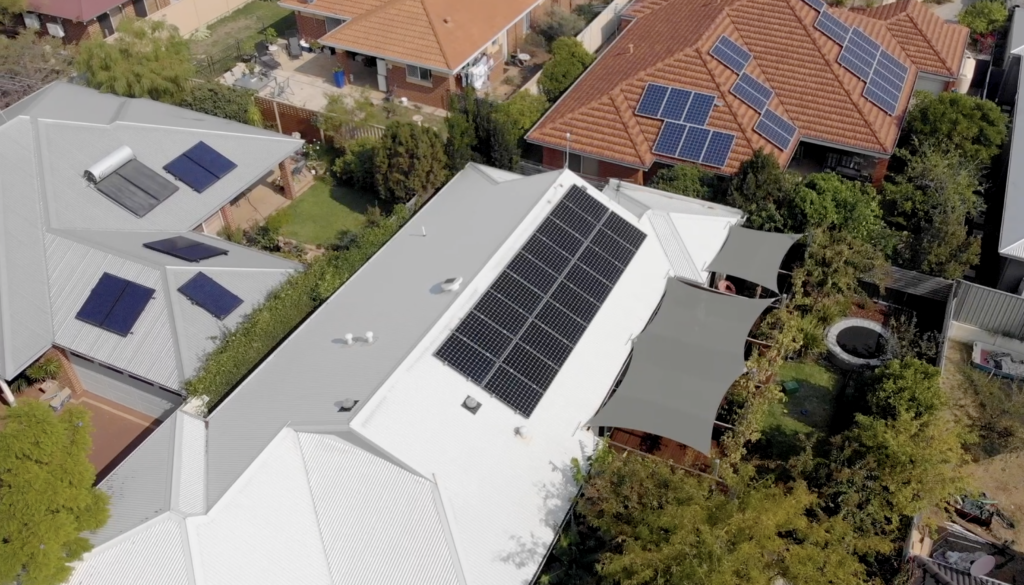Australians are facing increasingly severe and frequent extreme weather disasters driven by climate change. In December 2022, Climate Council, supported by Beyond Blue, undertook an extensive two-part national study designed to better understand the impact of climate-fuelled disasters on mental health in Australia, and how best to support the wellbeing, recovery and resilience of communities.
The first part of this study was a poll conducted by YouGov with a representative national sample of 2,032 Australians. The second part, conducted in parallel and hereafter referred to as the “community survey”, sought to gain some deeper insights from those in disaster-affected communities, and saw 476 self-selected Australians share their personal experience of climate-fuelled disasters.
This paper provides a snapshot of some of the most significant findings from both of these surveys. A full report with detailed analysis of the results, case studies, and full recommendations, will be published on 28 February 2023.
Key findings from YouGov Survey:
Number of Australians who have experienced an extreme weather event:
- The majority (80%) of Australians reported experiencing some form of disaster at least once since 2019, of which 63% said heatwaves, 47% flooding, 42% bushfires, 36% drought, 29% destructive storms, and 8% landslides.
- People living in rural and regional areas are significantly more likely to have experienced flooding at least once since 2019 (61%) than people living in urban areas (38%). Similarly, country residents were more likely to have been affected by a bushfire at least once (49%) than people in urban areas (36%).
- People in Queensland and New South Wales are the most likely to have experienced multiple disasters since 2019. Specifically, 38% of Queenslanders and 34% of people in New South Wales reported experiencing flooding more than once since 2019 (compared to 13% in Victoria, 5% in Western Australia, 4% in South Australia, and national average of 24%.)
Worries about climate change and extreme weather events in Australia:
- More than half (51%) of Australians surveyed are “very (25%) or fairly worried (26%)” about climate change and extreme weather events in Australia.
- Around two in five (42%) are “very or fairly worried” about their community facing further disasters during the current summer. People who are “very worried” about climate change and extreme weather events in Australia are more likely to be women (27%, compared to 23% for men), and to be younger (30% for those aged 18 – 34, compared to 22% for those aged 65+).
Impacts of climate-fuelled disasters on mental health:
- More than half (51%) of Australians who experienced climate-fuelled disasters since 2019 say their mental health has been somewhat impacted, of which one-in-five (21%) claim that the disaster they went through has had a “major or moderate impact” on their mental health.
Provision of mental health support following disasters:
- Among those who have experienced at least one climate-fuelled disaster since 2019, more than a third (37%) said there was too little mental health support available for people in the community after the disaster. A similar proportion (36%) said there was just enough support, while only 3% said there was too much support.
- The number of people saying there was too little support varied slightly between states: Around four in ten in New South Wales (41%) and Victoria (39%), and around a third in South Australia (34%), Queensland (32%) and Western Australia (28%).
- People living in provincial and rural areas are more likely to say there is too little mental health support following a disaster (41%), compared to those residing in inner and outer metropolitan areas (33%).
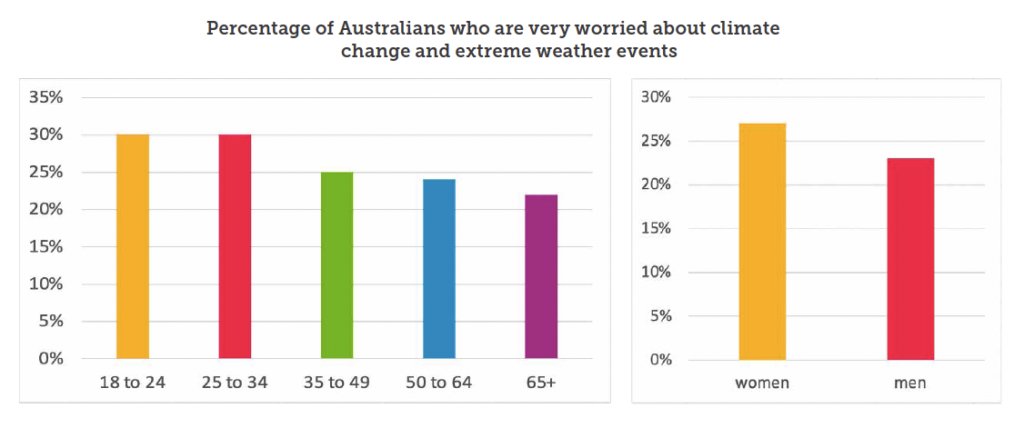
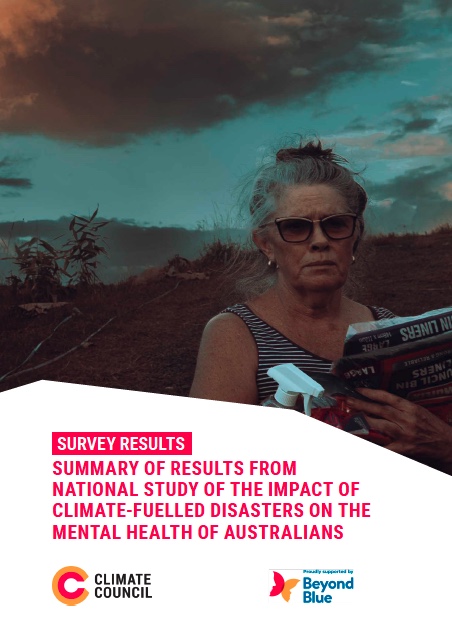
Climate Council and Beyond Blue express their deepest gratitude to the hundreds of individuals who kindly and courageously contributed their stories, experiences and insights to this study.
The National survey data comes from a National YouGov Poll conducted from 2-16 December 2022. The sample covered Australians aged over 18 including representatives of different genders, generations, geographies (states, city/rural, etc.), education levels, income levels, voting habits, and other characteristics.
From 1-16 December, in parallel with the national survey, the Climate Council and Beyond Blue invited Australians to share their experiences of climate-fuelled disasters with a Community Survey. This was by way of an online qualitative survey, advertised through the Climate Council and Beyond Blue respective networks.


